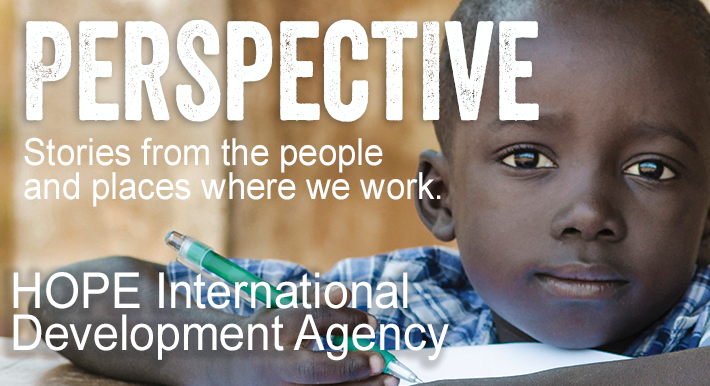For those of us who live in the developed world, the gnawing uncertainty perpetuated by the continuing worldwide financial melt down is simply that, uncertainty.
Ultimately, the crisis may call for a rethinking of our lifestyle, currently defined by our fixation with profiteering and our appetite for consuming far more than we truly need – a condition that brings the moral poverty of our affluence into sharp relief.
For those of us who live in the developing world, the uncertainty created by the melt down is far more sinister because it is, in a very real way and often deadly way, certainty.
If, for example, your family was malnourished and chronically hungry before the melt down, they are now certain of starving. If your opportunities, modest though they may be, were limited before the melt down, they are now all but nonexistent.
For your family, uncertain times guarantee, with absolute certainty, that you can count on life getting significantly worse – if indeed this is actually possible given your current proximity to suffering and loss.
While we in the developed world ponder just how far we’ll have to cut back on our discretionary spending in order to maintain some semblance of the lifestyle to which we’re become accustomed, the choices being made in the developing world are far more difficult and profound.
For example, in a run-down hut in one of the poorest places on earth, a widowed mother, at her wits end, contemplates becoming a prostitute in order to earn the meager amount of money she needs to buy food for her children. Things have gotten so untenable that she is willing to trade her body for the well-being and security of her children. She is, in fact, choosing to die a little bit each night so that her children can live a little bit each day.
So, while we cut back in an attempt to deal with and ameliorate the uncertainty that keeps us up at night, the poorest of the poor slide even further into obscurity and remain, as they so often do, the collateral damage of our lifestyle.
Subscribe to:
Post Comments (Atom)


No comments:
Post a Comment